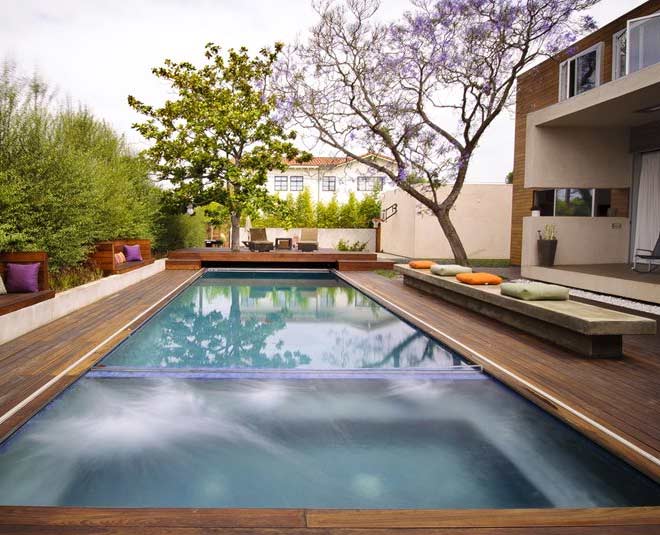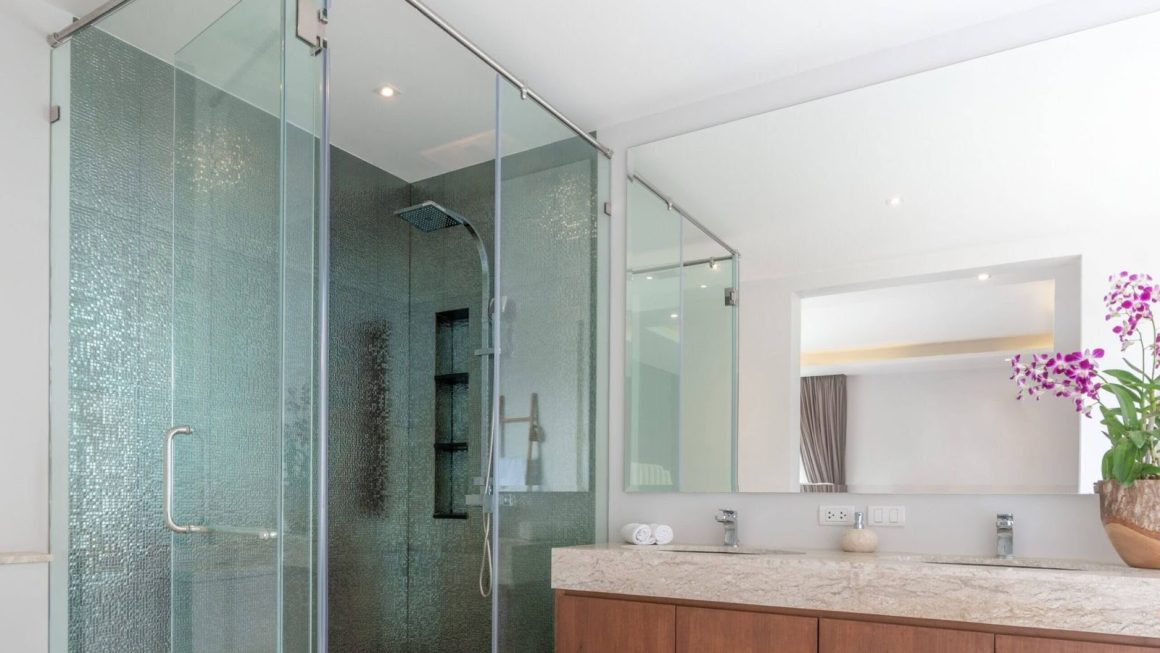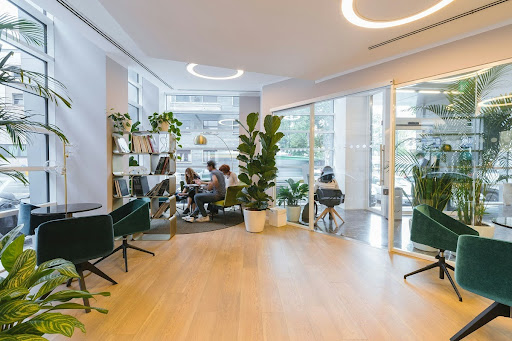A swimming pool is not just an accessory, it’s an investment in your home and your health. If you want to get the most out of your pool, there are some steps you should take before enjoying it so that it will last for years to come. You can also get the materials needed for your pool at https://www.clarkrubber.com.au/ so maintaining your pool will be hassle-free. Here are 10 steps on how to get the most out of your swimming pool
1) Know What You Are Paying For
It can be difficult to determine which chemicals and treatments you need, so read your pool’s manual carefully. If you don’t have one, talk with a swimming pool professional about how often you should be balancing chemicals and what product would be best for your needs. Remember that you are going to need several products, including chlorine or bromine (for disinfecting), salt (to raise alkalinity levels), acids (to lower pH), and a clarifier (to remove oils from water).
You will also likely want an algaecide for keeping your water clear. You may even need phosphate removers or algicides for treating algae growth. After all, maintaining a pool isn’t as simple as throwing in some chlorine—there is chemistry involved!
2) Establish a Maintenance Schedule
A well-maintained pool is a safe pool, and establishing a maintenance schedule is an easy way to make sure your pool remains in tip-top shape. Make a list of everything you need to do and then write it down on a calendar or online task-management tool (like Trello). That way, every time you complete one of those tasks, you can cross it off your list so you never forget.
You might even want to enlist family members or friends—the more people are aware that a schedule needs to be followed, the better. Schedule routine checks for chemicals, pumps, and filters as well as less frequent tasks like cleaning debris from skimmers and setting up a solar cover for cloudy days.
3) Check all Equipment Regularly
Check all equipment, such as pumps, filters, and skimmers regularly. Skimmers should be emptied daily while pumps and filters should be checked every week or two. Even if you don’t use your pool frequently, it’s still a good idea to check these every few days since algae will start growing within a few days if you don’t.
Also, have an automatic cleaner installed in your pool; they do most of their work at night so you won’t see them moving about during daytime hours anyway. If possible, hire a professional to regularly maintain your swimming pool for the best results.
4) Think About Design and Location
When you’re first deciding whether or not you want a swimming pool, think about how you’ll use it. For example, if your property is too small for an in-ground or above-ground pool, will a spa work for you? Are there enough hours in your schedule during which members of your family can swim? Is there enough shade and shelter nearby? Will it be easy to get to on sweltering days? Location matters when choosing a pool. At some point down the road, make sure that people are using it regularly and that its parts are working well together.
Maintenance can easily fall by the wayside with more time-consuming chores; keep up with weekly checks—and possibly monthly water testing—to avoid problems down the line.
5) Test the pH Level Regularly
pH is a measure of acidity or alkalinity. The pH scale goes from 0 to 14, with 0 being acidic and 14 being alkaline. You can measure your swimming pool’s pH level with a test kit and then adjust it accordingly.
A pH level of between 7.2 and 7.8 (or middle neutral) is ideal for pools—if you’re having trouble keeping it in that range, call in an expert to help out. If your water has a low level of calcium, that could be your culprit as calcium reacts with certain metals (like copper) which throw off your pH levels and make chemicals ineffective, leading to staining or even corrosion in severe cases.
6) Maintain Chemical Levels
It’s not hard or expensive to maintain your pool; however, it is important. You want all four sides to be perfectly clean and for your water to be at a good temperature. There are plenty of steps you can take before getting in that will ensure you spend as much time enjoying yourself as possible.
Cleaning your pool is something most people don’t want to think about doing, but it will make a world of difference both in how often you use it and how clean it looks for those that do see it!
7) Keep an Eye On Safety Issues Around Pools
One hidden danger of having a swimming pool at home is that it can be easy for your children or friends who visit to get in when they’re not supposed to. When you are planning out your backyard, some design considerations can help minimize access points and make it more difficult for young kids to get into your pool unsupervised.
Adding fencing around all sides of your pool is an excellent way to achieve safety. Some communities may require a fence with a locked gate (typically, at least four feet high), so do check your local regulations before building. Also, install stairs that aren’t too steep and consider a ramp if you have elderly guests who may need help getting in and out of water.
8) Clean It in Time
You don’t want contaminants such as bacteria, algae and leaves contaminating your pool. Check with your local pool store for a recommended schedule for cleaning and closing up your pool. A properly maintained swimming pool will not only look better, but it will be much safer, too. When in doubt, consult a professional or check with your local health department to make sure you are using a proper cleaning method. Pools that are closed during the winter months can also be treated by professionals who have special chemicals that help prevent freezing damage from happening.
9) Keep Up with Good Habits
It’s not only important that you swim in a pool that has been properly maintained, but also one where you practice proper hygiene. Keep your hands out of your mouth while swimming and teach young children not to play with their water toys when they’re poolside. By keeping clean, you prevent spreading germs around others at your backyard pool parties, which can reduce common illnesses like diarrhea and ear infections.
It’s recommended that swimmers shower before getting into a pool; even if it doesn’t eliminate all potential germs, at least it will keep them from spreading from person to person in a way that reduces illness rates overall.
10) Enjoy it!
So, you’ve bought a pool. Great choice! When it comes to hot-weather fun, pools are hard to beat. There’s no right or wrong way to use your pool; feel free just let yourself enjoy it and try not to put too much pressure on yourself or your family members. Whether you’re hosting impromptu parties for friends or setting up swim lessons for kids, everyone will have a good time if they make sure they remember that having fun is what swimming pools are all about!
Conclusion
Swimming pools are a great place for some refreshing fun and exercise. However, it’s important to remember that pools can also pose a serious health threat. So there you go, maintenance is everything when it comes to the swimming pool, we hope that your pool will run smoothly this summer.



